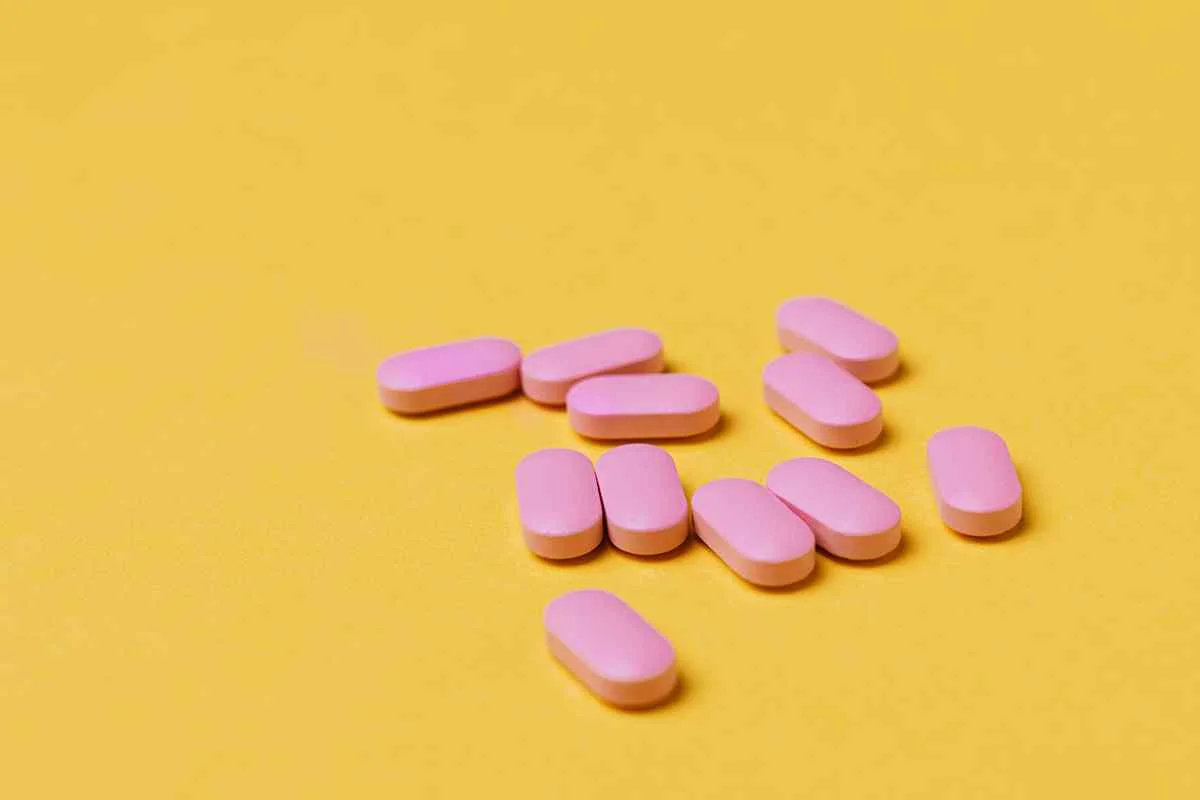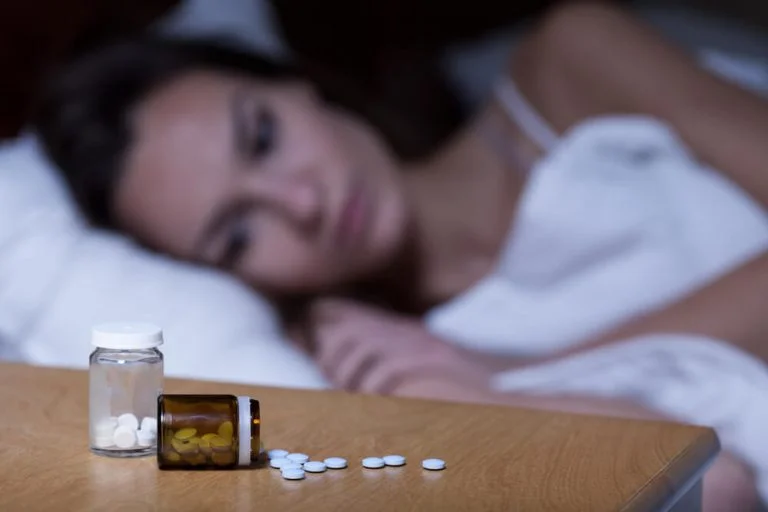Understanding Diphenhydramine Addiction
Diphenhydramine is a first-generation antihistamine. It is commonly used in the treatment of symptoms of the common cold, allergies, and hay fever. It is also occasionally used as a mild sleeping aid. Despite the very real and acceptable use of the drug to cope with these issues, it is still easy for you or another user of the narcotic to develop a diphenhydramine addiction.

If you find yourself in this position, it is important to know how to spot your own dependence or that of a loved one. You’ll want to be able to spot some traits of someone addicted to the substance, such as diphenhydramine withdrawal symptoms, and know what to do if you do see these traits. Better Addiction Care, a resource designed to help those seeking help with their journey to getting sober, has years of experience in this field. Below we provide what insights we can in relation to diphenhydramine addiction and the ways to overcome it.
Uses For and Conditions Treated by Diphenhydramine
Aside from being used to treat the symptoms of the common cold and allergies, diphenhydramine has proven to be effective in the treatment of conditions like vertigo, motion sickness, dystonia or involuntary muscle contraction, early-stage parkinsonian syndrome, and urticaria or chronic hives. The medicine is also sometimes prescribed as a treatment for insomnia. However, it is not recommended for long-term use.
There is a chance that taking it may exacerbate certain medical conditions such as high blood pressure, hyperthyroidism, and asthma. Even though it is an over-the-counter medicine with legitimate therapeutic uses, diphenhydramine does possess abuse potential. It is not unheard of for people to take large doses of diphenhydramine (between 300 to 700 mg) to achieve a calming, euphoric, or even hallucinogenic effect akin to an illicit drug of abuse. If a person regularly ingests doses of the drug in this way, then they could become in danger of developing a diphenhydramine addiction due to an excess of using it in this way.
In recent years prescription drug abuse, such as diphenhydramine abuse, has become even more common, possibly due to the accessibility or social acceptance of the casual and routine use of drugs such as these. If you believe you or somebody you know may be in danger of developing a diphenhydramine addiction, be sure to keep an eye out for signs of addiction to the substance.
Signs of Diphenhydramine Dependence
Diphenhydramine is known to produce the following adverse side effects when taken. These are seen even when someone has not developed a diphenhydramine addiction, which means they may be spotted in users who are using the substance as recommended:
- Feelings of drowsiness
- Headaches
- Dizziness
- Dry mouth
- Dry nose
- Dry throat
- Loss of appetite
- Nausea
- Vomiting
- Upper abdominal pain
- Impaired coordination
- Constipation
- Urinary retention
- Hypotension (low blood pressure)
- Palpitations
- Chest congestion
- Muscle weakness
Side effects that may point to more serious adverse diphenhydramine addictive tendencies can include a more severe version of the “to be expected” ones, but some are dead giveaways. If you see any of these signs in yourself or somebody you know, they could have developed a diphenhydramine addiction through their use of the substance:
- Blurred vision
- Difficult or painful urination
- Arrhythmia (slow, fast, or irregular heartbeat)
- Anaphylaxis (severe allergic reaction)
- Anemia
- Toxic psychosis or substance-induced psychosis
If any of these more serious symptoms have begun to manifest after taking diphenhydramine, don’t delay in contacting emergency services or making the trip to the nearest hospital. These symptoms could be a sign of greater effects to follow and should be treated as such.
Is diphenhydramine addictive? Yes. And like so many other substances of this kind, it can also lead to overdoses in cases where users have consumed more of the drug than they could take. Symptoms of an active overdose of diphenhydramine are:
- Restlessness
- Anxiety
- Agitation
- Flushed skin
- Dry sweat glands
- Dry mucous membranes
- Blurred vision
- Retention of urine
- Tachycardia (faster than normal heart rate)
- Rhabdomyolysis (severe muscle damage)
- Delirium
- Hallucinations
Life-saving interventions for diphenhydramine overdose will likely involve following emergency procedures. While the fact of a present diphenhydramine addiction is a worry, be sure to first take care of the more pressing task of maintaining the immediate health and safety of yourself or a loved one who is going through an overdose. Be sure to follow these steps if you find yourself in either situation:
- The medical team will obtain the patient’s history, including outstanding medical conditions, and monitor the patient’s temperature, heart rate, ECG, respiratory rate, and blood pressure. This is so that the medical team may achieve an accurate diagnosis of the patient’s condition.
- Doctors may implement activated charcoal treatment if they can reach the patient within one hour of the diphenhydramine ingestion.
- The patient may be given medicines like benzodiazepines to treat seizures or agitation.
- Additional interventions, such as the administration of sodium bicarbonate to address sodium channel blockade and magnesium sulfate intravenous fluid for prolonged QT interval, will be determined by medical staff.
If the person has become dependent on diphenhydramine and suddenly ceases to take the substance, they may develop the following physical or mental withdrawal symptoms. Though withdrawal is often a necessary part of the process of recovering from a substance abuse disorder, it is always best to be prepared for any of the following symptoms:
- Excessive sweating
- Severe insomnia
- Upset stomach
- Diarrhea
- Abdominal cramps
- Agitation
- Restlessness
Withdrawal symptoms that manifest due to diphenhydramine dependence should be taken seriously so that the person does not experience any further complications to their short-term or long-term health. It is recommended that they enter a detoxification program that is founded on evidence-based medical practices.
During detox, a patient will follow a plan to gradually taper down their intake of diphenhydramine. They will be given a safe and stable environment to get through the worst of their withdrawal symptoms. Professional help is always recommended by our experts, and finding the right rehabilitation center can be difficult if you are in an area without many known or spoken-about rehab facilities. That’s where our resource providers come in.
How to Get Sober from Your Diphenhydramine addiction
Finding the right treatment center can be difficult on your own, especially when prior or new mental health conditions are considered, and investigating dual-diagnosis treatment centers becomes the goal. Let a team of experts do that job for you.
If you or somebody you know is suffering from a diphenhydramine addiction and wants to kick the habit for good, be sure to consult and remain in the care of trained professionals in the world of substance abuse treatment. The resources offered by Better Addiction Care are completely free and offer a way for people in any area of the United States to find a nearby facility that can house their rehabilitation needs.
Get in contact with our team today to learn more about how these free resources can help you change your life for the better, or read some of our team’s other articles to get further insights into the world of substance abuse and its treatment.








